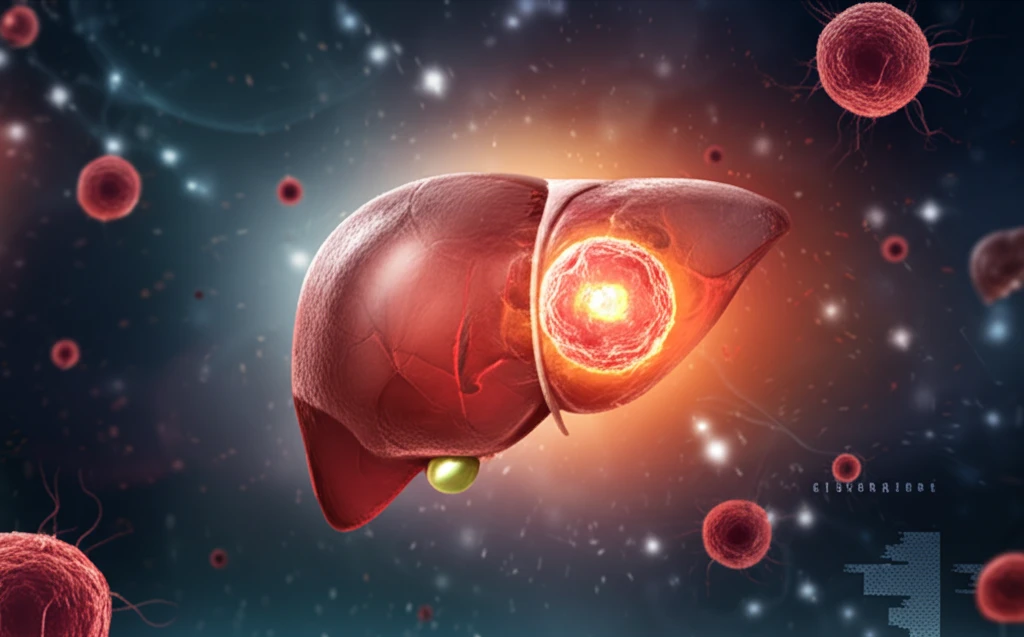
Can This Unexpected Drug Combat Liver Cancer?
"Research reveals that atovaquone, an antiparasitic drug, may offer a new approach to overcoming chemoresistance in hepatocellular carcinoma (HCC)."
Hepatocellular carcinoma (HCC), a prevalent malignancy, poses significant treatment challenges due to its high mortality rate and frequent resistance to chemotherapy. Current treatments, including surgery and targeted therapies, often fall short, necessitating the exploration of novel therapeutic strategies.
A recent study published in Biochemical and Biophysical Research Communications sheds light on a potential breakthrough. Researchers investigated the efficacy of atovaquone, an antiparasitic drug, in combating chemoresistance in HCC. The findings suggest that atovaquone could offer a new avenue for treating this challenging cancer.
The study uncovers atovaquone's ability to target mitochondrial respiration, a key energy production process in cells. By disrupting this process, atovaquone demonstrates promising results in overcoming chemoresistance and inhibiting the growth of HCC cells. This article delves into the details of this groundbreaking research and its potential implications for liver cancer treatment.
How Atovaquone Overcomes Chemoresistance in HCC?

The study's findings reveal that atovaquone exhibits activity against chemoresistant HCC cells at clinically relevant concentrations. The researchers demonstrated that atovaquone inhibits cell proliferation and induces apoptosis (programmed cell death) in both parental HCC cells and cells exposed to prolonged chemotherapy. This dual action suggests a broad therapeutic potential.
- Inhibition of Mitochondrial Respiration: Atovaquone targets and suppresses mitochondrial respiration, disrupting the energy supply of HCC cells.
- Induction of Oxidative Stress: The drug promotes oxidative stress within cancer cells, leading to damage and cell death.
- Selective Action: Atovaquone's effectiveness is linked to mitochondrial function, as it shows limited impact on mitochondrial respiration-deficient cells.
- Increased Sensitivity: Chemoresistant HCC cells exhibit higher levels of mitochondrial respiration, making them particularly vulnerable to atovaquone's effects.
A Promising New Direction
This research highlights the dependency of chemoresistant HCC on mitochondrial respiration and positions atovaquone as a potential drug to overcome chemoresistance. While further studies are needed, these findings offer a promising new direction for developing more effective treatments for hepatocellular carcinoma and improving outcomes for patients facing this challenging disease. The ability to repurpose an existing drug like atovaquone also offers the potential for faster translation to clinical use.
